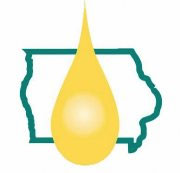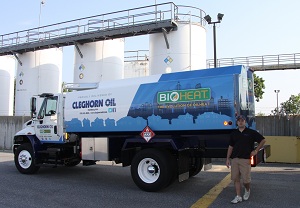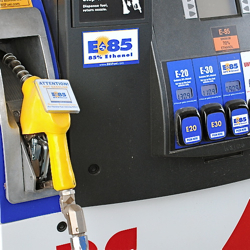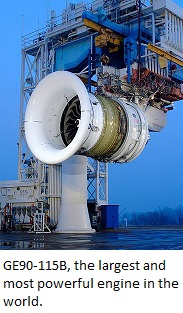The independent Linn Co-op Oil Company in Marion, Iowa is all set to be the first in the nation to sell 15% ethanol blended gasoline to customers, except for one little detail. They can’t get the fuel to sell it.
 The problem is that petroleum refiners servicing the Cedar Rapids area refuse to make the proper gasoline for blending with 15 percent ethanol available. “We just on June 15 got the approval from EPA that we could sell E15 to 2001 and newer vehicles,” said said Jim Becthold, service manager of Linn Co-op Oil Company. “We can’t get the blend stocks to blend with the alcohol to be able to sell E15 in the summer months, from June 1 to September 15. We can sell it through the winter but we can’t sell it in the summer.”
The problem is that petroleum refiners servicing the Cedar Rapids area refuse to make the proper gasoline for blending with 15 percent ethanol available. “We just on June 15 got the approval from EPA that we could sell E15 to 2001 and newer vehicles,” said said Jim Becthold, service manager of Linn Co-op Oil Company. “We can’t get the blend stocks to blend with the alcohol to be able to sell E15 in the summer months, from June 1 to September 15. We can sell it through the winter but we can’t sell it in the summer.”
 According to federal fuel regulations, the gasoline blendstock needed to blend E15 during the summer is different from the gasoline blendstock for E10. The refiners who control what products go into pipelines that feed the fuel terminal for the Cedar Rapids area have refused to provide E15 blendstock anywhere in Iowa.
According to federal fuel regulations, the gasoline blendstock needed to blend E15 during the summer is different from the gasoline blendstock for E10. The refiners who control what products go into pipelines that feed the fuel terminal for the Cedar Rapids area have refused to provide E15 blendstock anywhere in Iowa.
“What we should be celebrating on the Independence Day holiday is the nation’s first E15 retailer,” said Iowa Renewable Fuels Association Executive Director Monte Shaw. “Instead, what we’re expressing frustration that the oil companies can use their monopoly over the pipelines to limit fuel choices.”
Shaw says they looked into having the correct fuel trucked in from Kansas City, but that would cost 17.5 cents per gallon in transportation costs. “E15 is going to sell 5-10 cents a gallon cheaper, but if you’re adding 17.5 cents in transportation costs, all of the sudden you’re upside down and it doesn’t make any sense.”
The same problem applies to any retailer in Iowa or anywhere not near a source for low Reid Vapor Pressure, or RVP, gasoline. “We have asked the EPA to consider granting a one pound waiver to E15 similar to what E10 gets or take the waiver away,” said Shaw. “So far, EPA has said it will take Congressional action to this.”
However, Shaw says refiners can actually make the decision themselves to serve the market. “Iowa has retailers that want to sell E15, it’s got consumers that want to buy E15, so the demand is there,” he said.
Listen to interviews with Shaw and Bechtold here: IRFA's Monte Shaw and Jim Bechtold with Linn Co-op Oil


 This edition of “The Ethanol Report” features comments from Bobby Likis of the
This edition of “The Ethanol Report” features comments from Bobby Likis of the 






